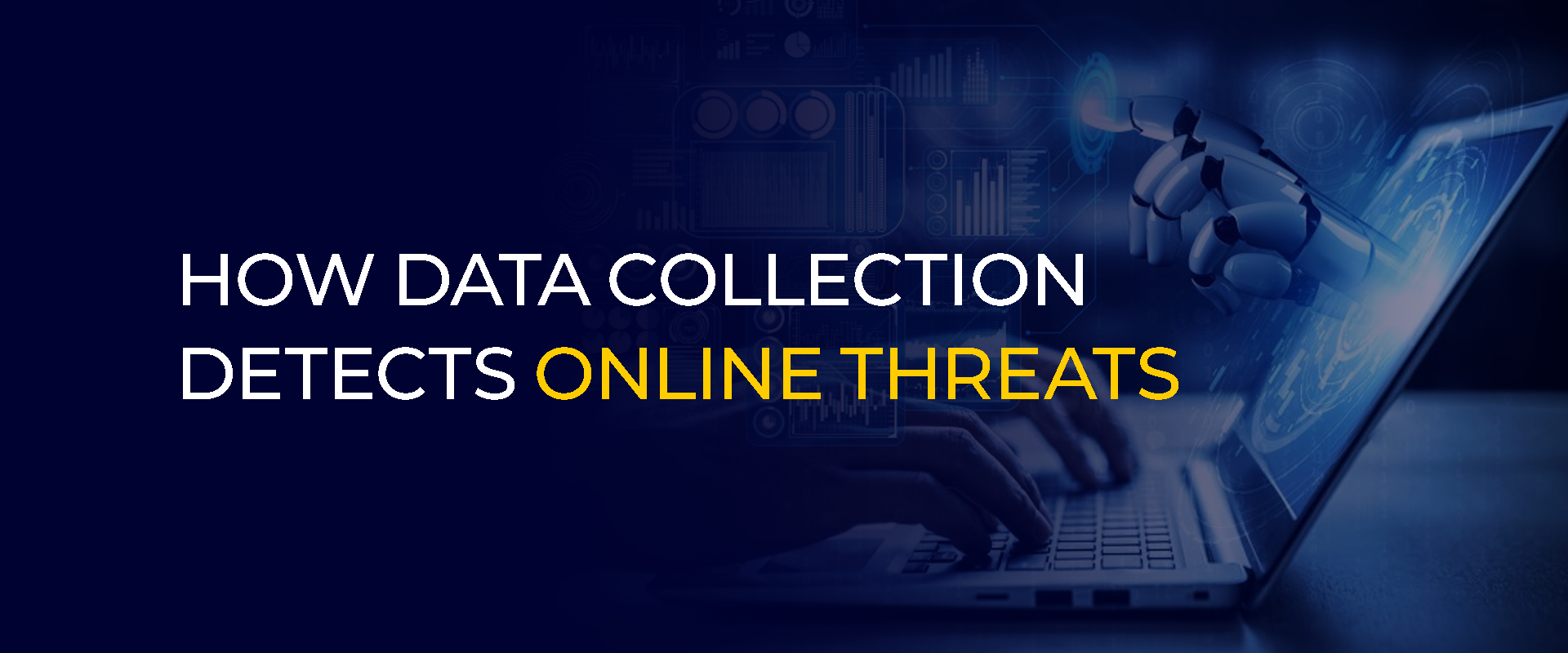

Get 93% OFF on Lifetime
Exclusive Deal
Don’t miss out this deal, it comes with Password Manager FREE of cost.
Get 93% off on FastestVPN and avail PassHulk Password Manager FREE
Get This Deal Now!By Christine Margret No Comments 6 minutes
Today, the issue of cybersecurity has become evident, and the use of a Google Scraper API is becoming even more critical. The digital age has opened up a door to revelations for the future, and at the same time, it has allowed cyber threats to breach the most confidential files, paralyze operations, and cost billions. This article examines the relevance of data collection in cybersecurity and explains how Google Scraper API can help combat online threats.

The volume and velocity of data in the digital ecosystem require the use of automated data collection tools and techniques. With the help of automated data collection, teams can gather and analyze vast amounts of information in different formats and from various sources in real time to detect anomalies or potential threats.
Increased efficiency with automation limits the need for manual data collection, allowing security analysts to devote energy to more strategic matters; increased accuracy wherein automated systems collect and analyze data more accurately and consistently than humans can.
This improves threat detection through data gathering and analysis from multiple sources, wherein automated tools may detect threats that otherwise may have been missed. Efficiency enables faster response to an incident, with automated data collection giving security teams the requisite speed and efficacy depending on the incident.
The extraction of information from structured and unstructured sources is known as data extraction. In cyber security, data extraction is used to identify and track malicious parties and threats in the early stage and for forensic evidence.
Security teams also use data-driven insight to improve incident response capability by gaining real-time visibility into the extent and impact of an attack. This information can then be used to prioritize response actions to contain damages and restore normalcy in the shortest time possible. A proper introduction to threat detection and analysis using data-driven insights involves recognizing patterns and trends buried in attack data. Machine learning algorithms can thus be trained to recognize features of known threats and detect new and emerging ones.
Research shows that Google Scraper API is a useful tool for developers to extract data from websites automatically. In terms of cybersecurity, Google Scraper API can be used to collect threat intelligence, detect suspicious activities by monitoring online activity, and identify possible vulnerabilities.
For data collection to be as effective as possible for security, businesses and security teams must develop and implement comprehensive policies.
Data collection is critical to cybersecurity, enabling organizations to detect, respond to, and prevent cyber threats. Organizations and security teams can up their defenses against cyber threats while protecting their critical assets using automated data collection tools, large-scale data extraction methods, and data-fueled insights. Integrating data into the security protocols across departments and appropriate tool applications, along with continuous monitoring and analytics, are key lessons for businesses and security teams. Organizations that invest in data-driven approaches and the requisite tools and technologies will stay ahead of the threat landscape and guarantee their digital future. As cyber threats continue to develop, data-driven cybersecurity will be very important, and a Google Scraper API is the right way to move forward
Take Control of Your Privacy Today! Unblock websites, access streaming platforms, and bypass ISP monitoring.
Get FastestVPN
© Copyright 2025 Fastest VPN - All Rights Reserved.


Don’t miss out this deal, it comes with Password Manager FREE of cost.
This website uses cookies so that we can provide you with the best user experience possible. Cookie information is stored in your browser and performs functions such as recognising you when you return to our website and helping our team to understand which sections of the website you find most interesting and useful.
Strictly Necessary Cookie should be enabled at all times so that we can save your preferences for cookie settings.
If you disable this cookie, we will not be able to save your preferences. This means that every time you visit this website you will need to enable or disable cookies again.